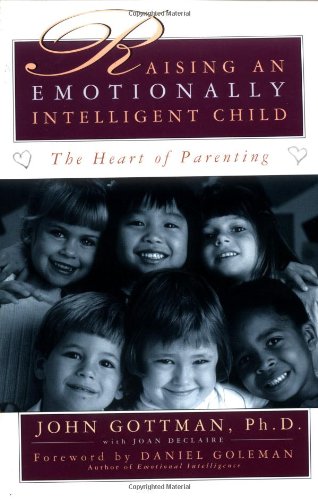Christian Mindfulness?
/If you are alive and reading these days, you have probably heard the term “mindfulness.”
You might know people who are practicing mindfulness to help them navigate the pressures of daily life. Maybe it’s used in your school or workplaces as a tool to reduce stress and boost creativity. In recent years mindfulness has been promoted by public health bodies as a way to promote mental wellbeing, and as a treatment for depression and anxiety. The guided meditation app Headspace—one of dozens you can find in your app store—has been downloaded over 31 million times.
So what should Christians make of the mindfulness trend? Should we jump on the bandwagon? Should we be suspicious and hold it at arm's length? Or is there another way?
What is mindfulness?
Mindfulness is the basic human ability to be fully present, aware of where we are and what we’re doing, and not overly reactive or overwhelmed by what’s going on around us (https://www.mindful.org/what-is-mindfulness/).
The theory is that when we are mindful in the present, we can avoid the pitfalls of letting the past or the future hijack us from living in the moment. While definitions can vary, the word “meditation” is often used synonymously with “mindfulness”.
Here’s a sample step by step mindfulness practice:
Take a moment to be still and relax.
Pay attention to the sensations in your body. If you are anxious, angry, sad, etc, where can you locate that in your body? What is your body saying?
Stay present in the moment and focus on what you are thinking and feeling. Do this without judgement, even if it is a “negative” emotion like sadness or anxiety.
Label the emotions you are feeling with as much precision as possible.
Ask yourself why you feel this way, and what triggered it.
Let the emotions pass.
Re-enter your world with calm and a commitment to be grateful and caring.
In recent years, scientific research has confirmed what most religious traditions have been saying for a long time: practicing meditation is good for the body and soul. That is why you will find most religious traditions include meditation as a vital element to living out the tenants of one’s beliefs. This is true of the Christian tradition as well.
Today, most mindfulness practices are secular. They don’t emphasize any faith component, which is partly why it has become so popular—mindfulness is for everyone. You don’t have to necessarily believe anything in particular.
What is Christian mindfulness?
I believe that there is a way to practice “Christian mindfulness”—something that connects with the secular trend, but adds a very important dimension. In my new book, Unstuck: A Nine Step Journey to Change that Lasts, I walk through nine steps that share some similarities to the steps above with one main difference: the presence of a personal God, who communes with us and redeems us as we are mindful of his presence with us in the moment.
It is impossible to overstate the difference this makes. Secular mindfulness is personal and horizontal: you pay attention to yourself, so as to be more present for others. Christian mindfulness introduces a vertical dimension: you are paying attention to who God is and your relationship with him through his grace to you in Jesus. This is what is utterly unique about Christian mindfulness.
In one sense, all Christians should be “mindful” Christians. Paul encourages the believers in Philippi to be consciously mindful of the present benefits of being united to Christ.
"Therefore if you have any encouragement from being united with Christ, if any comfort from his love, if any common sharing in the Spirit, if any tenderness and compassion…" (Philippians 2 v 1).
His next statement is a call to live in light of that present reality and awareness.
"… then make my joy complete by being like-minded, having the same love, being one in spirit and of one mind. Do nothing out of selfish ambition or vain conceit. Rather, in humility value others above yourselves, not looking to your own interests but each of you to the interests of the others." (v 2-4)
Christians have a personal, loving, accepting, forgiving, gracious and present Savior, who aides us day by day through the work of the Holy Spirit within us. As we go about our daily lives, with all of the stresses and busyness, we are constantly invited to be mindful of God’s presence with us, his care for us and new power in us that he has provided to face each moment of each day.
One way we are to be “mindful” Christians is through prayer: we are to live our lives as we “pray without ceasing” (I Thessalonians 5 v 17). The word “without ceasing” does not mean “non-stop” but “constantly recurring”—in other words, we are encouraged to punctuate our daily lives with intervals of prayer. You might describe this as living with a moment by moment mindfulness of God’s presence with us.
As you go about your day today, you can practice Christian mindfulness. It isn’t that complicated, and you don’t need an app. Find ways and times to slow down and allow yourself to be mindful of your connection to Christ. As you do, allow his love to calm you and encourage you.
You don’t have to call it “mindfulness”, but all Christians are called to be mindful—mindful of our unity with Christ, and the presence of his Spirit. And it’s with that awareness that we can live with gratitude and move towards others with compassion.
Copyright © 2019 Timothy S. Lane








